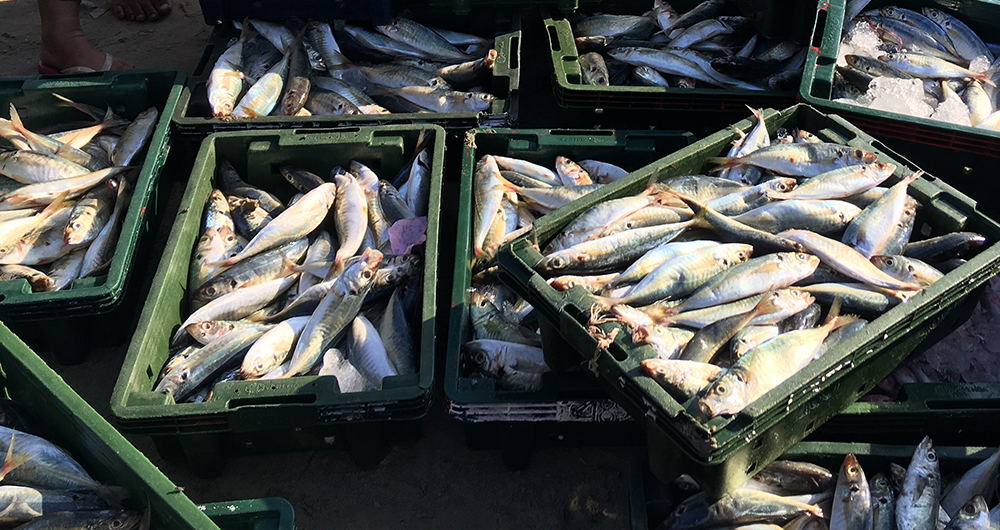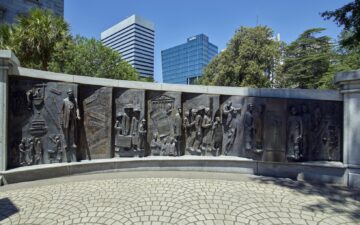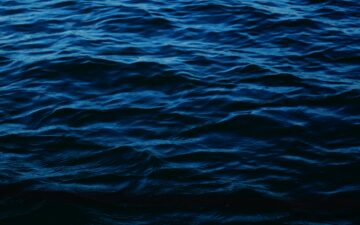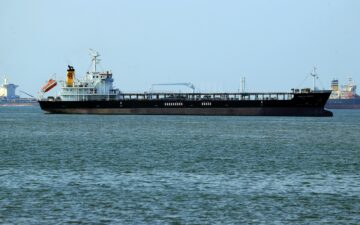The global dialogue around the environmental sustainability of seafood and corporate social responsibility in the seafood industry is too often dominated by voices and perspectives from the global north. Meanwhile, the impacts of illegal and unfair labor practices and unsustainable fishing and aquaculture activities are felt by everyone, particularly those from under-represented and under-resourced regions. Diversifying the movement to engage marginalized perspectives and those most impacted by unsustainable practices in the seafood industry is critical to giving people a voice and finding solutions that work. Likewise, linking the different nodes of the seafood supply chain to one another and engaging those stakeholders that support collaboration and innovation around sustainability is critical to enabling social and environmental progress at local and global scales.
Since its inception in 2002, the SeaWeb Seafood Summit has sought to engage and elevate the full range of voices impacted by and contributing to the sustainable seafood movement. By offering a platform for stakeholders to network, learn, share information, problem solve and collaborate, the Summit aims to advance the dialogue around socially and environmentally responsible seafood. That said, enabling more inclusive and equitable access to the Summit and developing content that reflects emerging issues and diverse perspectives are priorities for SeaWeb. Towards those ends, the Summit continues to evolve its programmatic offerings to strengthen diversity, equity and inclusion in the sustainable seafood movement.
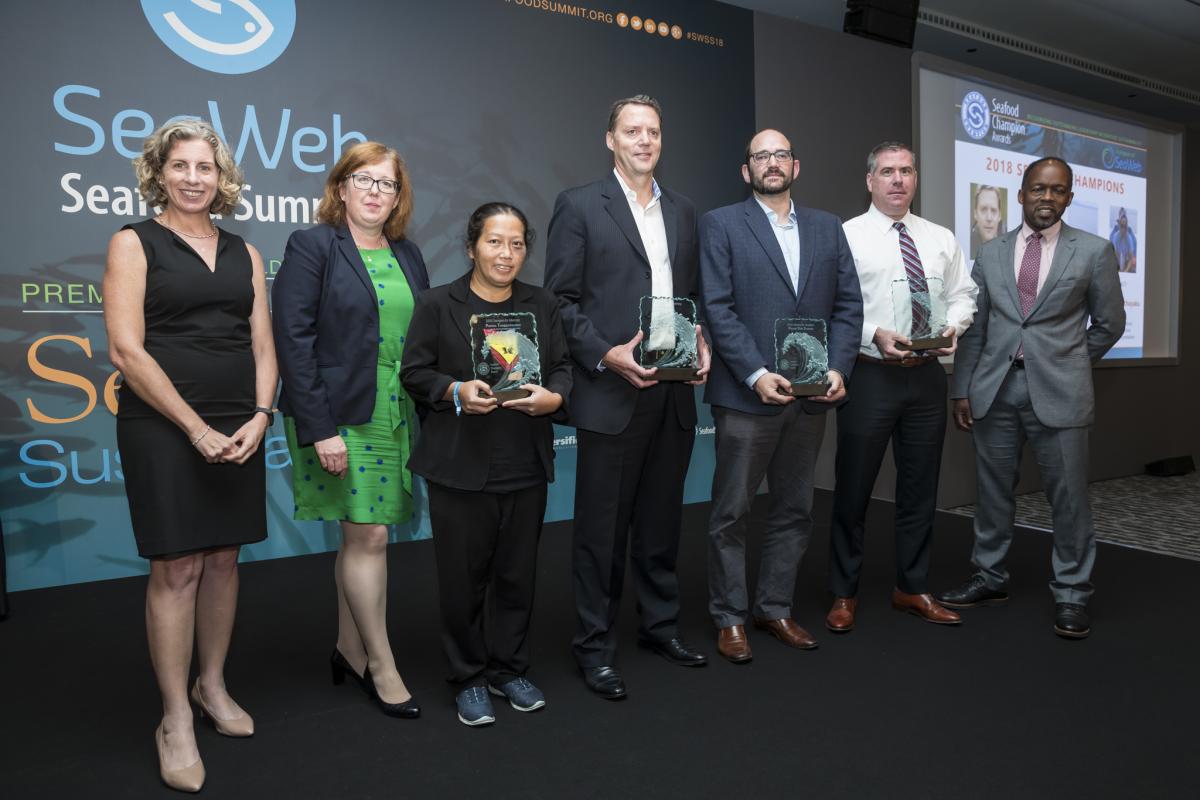
Meghan Jeans, Program Director and Russell Smith, TOF Board of Directors Member pose with the 2018 Seafood Champion Winners
The 2018 Summit, held in Barcelona, Spain was no exception. Attracting over 300 attendees from 34 countries, the Summit’s theme was “Achieving Seafood Sustainability through Responsible Business.” The Summit included panel sessions, workshops and discussions that explored topics related to building socially responsible seafood supply chains, the importance of transparency, traceability and accountability in advancing seafood sustainability and sustainability issues relevant to the Spanish and European seafood markets.
The 2018 Summit also supported participation of five “Scholars” via the Summit Scholars program. The Scholars were selected from over a dozen applicants representing seven different countries including Indonesia, Brazil, United States, Peru, Vietnam, Mexico and United Kingdom. Applications were sought from individuals working in fields related to: responsible aquaculture production in developing countries; social, environmental and economic sustainability in wild-capture fisheries; and/or illegal, unregulated and unreported (IUU) fishing, traceability/transparency and data integrity. Applicants from under-represented regions and those who contributed to the gender, ethnic and sectoral diversity of the Summit were also prioritized. The 2018 Scholars included:
- Daniele Vila Nova, Brazilian Alliance for Sustainable Seafood (Brazil)
- Karen Villeda, University of Washington graduate student (USA)
- Desiree Simandjuntuk, University of Hawaii PhD student (Indonesia)
- Simone Pisu, Sustainable Fisheries Trade (Peru)
- Ha Do Thuy, Oxfam (Vietnam)
Prior to the Summit, SeaWeb staff worked with each Scholar individually to learn about their specific professional interests and networking needs. Using this information, SeaWeb facilitated advance introductions between the Scholar cohort and paired each Scholar with a mentor with shared interests and professional expertise. At the Summit, the Scholar mentors joined the SeaWeb staff to serve as guides and facilitate learning and networking opportunities for Scholars. All five of the Scholars felt that the program offered them an unparalleled opportunity to connect with other professionals in the seafood industry, grow their network and knowledge and think about opportunities to collaborate for greater impact. Recognizing the value provided by the Summit Scholars program to both individual Scholars and the broader seafood community, SeaWeb is committed to improving and evolving the program each year.
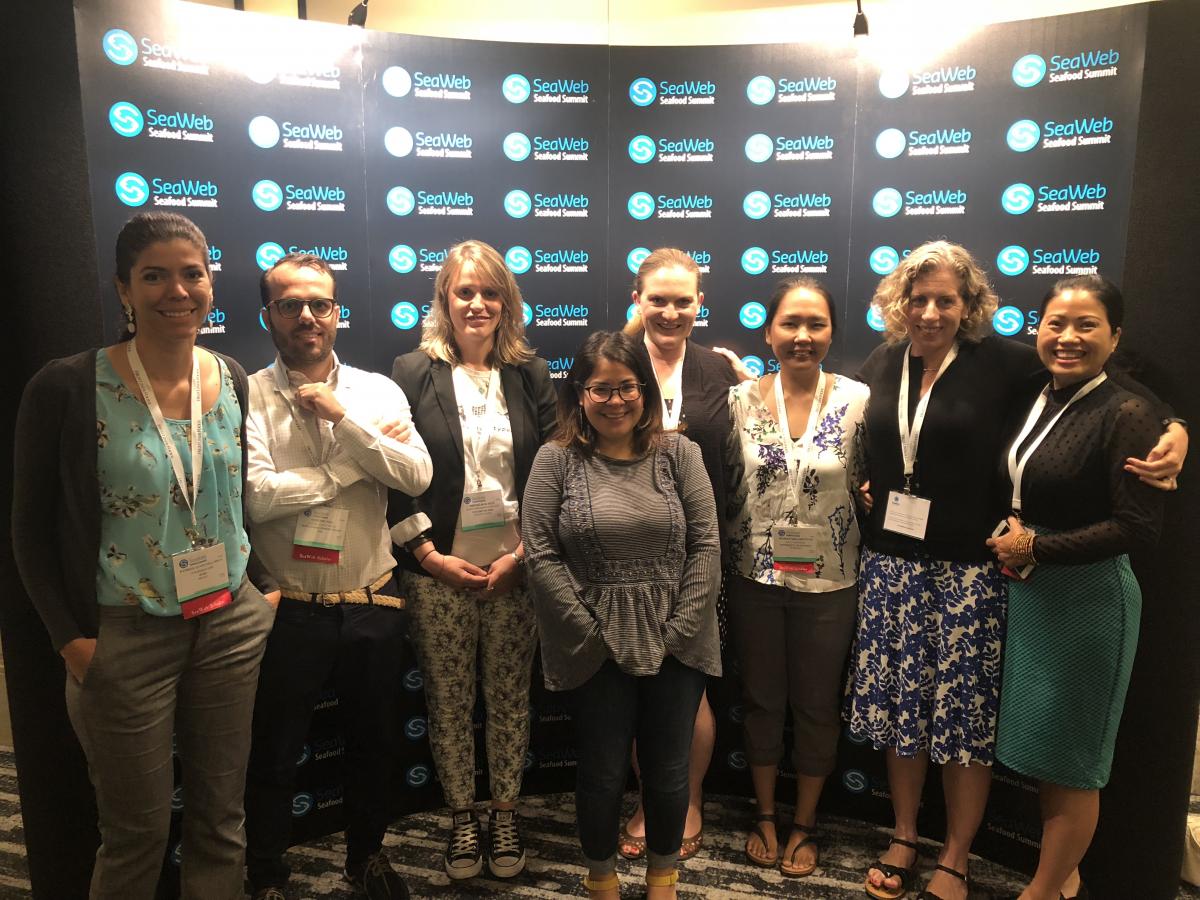
Meghan Jeans poses with the Summit Scholars
Coupled with content that reflects the diversity of perspectives, the Summit Scholars program is well-positioned to facilitate greater inclusivity and diversification of the movement by providing financial and professional development support to individuals from under-represented regions and stakeholder groups. SeaWeb is dedicated to promoting diversity, equity and inclusion within the broader seafood community as a core value and goal. That said, SeaWeb hopes to expand the reach and impact of the Scholars program by engaging a greater number and diversity of individuals and providing more opportunities for Scholars to both contribute to and learn from their peers in the sustainable seafood community.
Whether providing a venue for individuals to share their unique insight, innovations and perspectives or broadening their professional knowledge and networks, the Scholars program offers opportunities to generate greater awareness of and support for their work and connect with those who can help inform and amplify their efforts. Notably, the Scholars program has also provided a springboard for emerging leaders in sustainable and socially responsible seafood. In some instances, Summit Scholars have gone on to support the mission of SeaWeb by serving as Seafood Champion judges and Summit Advisory Board members. In others, Scholars have been recognized as a Seafood Champion and/or finalist. In 2017, lauded Thai human rights activist, Patima Tungpuchayakul attended the Seafood Summit for the first time as a Summit Scholar. There, she was afforded the opportunity to share her work and engage with the broader seafood community. Soon thereafter, she was nominated and won the 2018 Seafood Champion Award for Advocacy.
